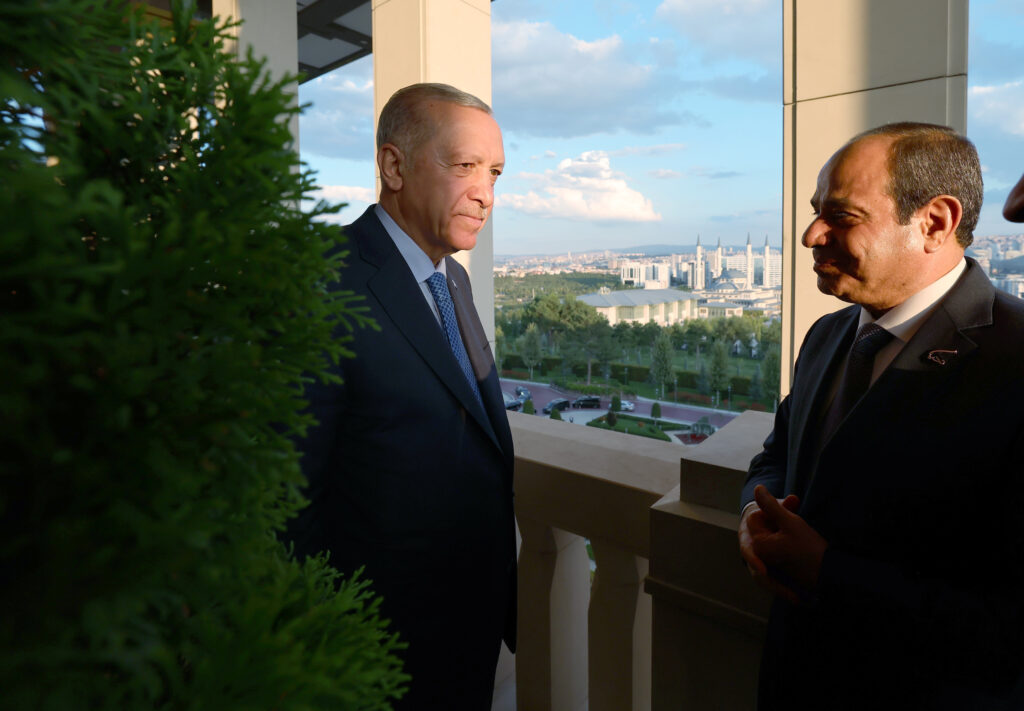Budgeting is the cornerstone of financial success and a powerful tool for achieving financial freedom. It’s not about restricting your spending; instead, it’s about making conscious choices and allocating your resources to align with your goals.
In this article, we’ll explore 10 tips and techniques for effective budgeting that can help you take control of your finances and set yourself on the path to financial freedom.
1. Set clear financial goals
Begin your budgeting journey by defining your financial goals. Whether you aim to save for a dream holiday, pay off debt, or build an emergency fund, having specific goals provides motivation and direction. Knowing what you’re working toward helps you make informed financial decisions.
2. Track your expenses
To create an effective budget, you need to know where your money is going. Track your expenses for a few months to understand your spending patterns. Use apps, spreadsheets, or dedicated budgeting software to simplify the process. This awareness will be the foundation of your budget.
3. Create a realistic budget
Once you have a clear picture of your spending, create a budget that aligns with your goals. Ensure your budget is realistic by accounting for all essential expenses like housing, utilities, groceries, and transportation.
4. Categorise your spending
Organise your expenses into housing, food, transportation, entertainment, and savings categories. Categorisation makes it easier to identify areas where you can cut back if necessary and ensures you don’t overlook essential expenses.
5. Prioritise debt reduction
Prioritise paying down high-interest debt, such as credit card balances, to free up more money for savings and investments.
6. Create an emergency fund
Life is unpredictable; unexpected expenses can throw off even the most well-planned budget. To mitigate these surprises, prioritise accumulating between three and six months’ worth of essential expenses in a low-risk account that allows immediate access. This emergency fund will enable you to handle unexpected financial challenges without derailing your overall financial plan. It provides peace of mind and prevents you from dipping into your savings or going into debt when unforeseen expenses arise.
7. Use the 50/30/20 rule
The 50/30/20 rule is a popular budgeting guideline. Allocate 50% of your income to needs (essential expenses), 30% to wants (discretionary spending), and 20% to savings and debt repayment. Adjust these percentages as required to suit your financial goals.
8. Embrace cash envelopes
Cash envelopes can be a helpful strategy for controlling discretionary spending. Assign a fixed amount of cash to categories like dining out or entertainment each month. When the envelope is empty, that’s your cue to stop spending in that category until the next budgeting cycle.
9. Automate savings and bill payments
Set up debit orders to your investment accounts to run as soon as you receive your monthly income. That way, you prioritise your financial planning rather than just allocating what may or may not be left at the end of each month. Automating bill payments ensures you never miss due dates, avoids late fees and helps you maintain a good credit score.
10. Review and adjust regularly
Your financial situation and goals will change over time. Periodically review your budget to ensure it remains aligned with your objectives and adjust as necessary.
In conclusion, budgeting is not a restriction but a liberation – a pathway to financial freedom.
By following these 10 budgeting tips and techniques, you can take control of your finances, achieve your goals, and ultimately gain the freedom to focus on the things that truly matter in life. Budgeting empowers you to make conscious financial decisions, and as you diligently work toward your objectives, you’ll find yourself moving closer to the financial freedom you desire.



























COMMENTS 0
You must be signed in to comment.
SIGN IN SUBSCRIBE
or create a free account.
Free users can leave 4 comments per month.
Subscribers can leave unlimited comments via our website and app.